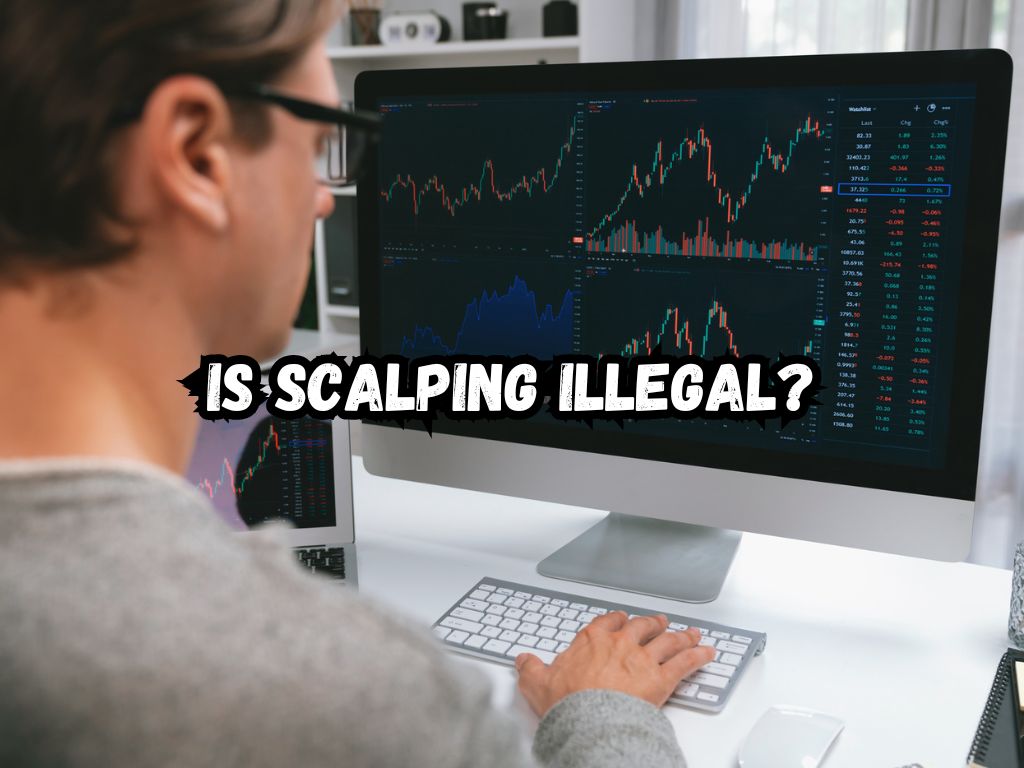Ticket scalping is a practice that has long been contentious. The act of buying tickets to an event and selling them at a higher price is common.
This article will delve into the complexities of scalping. We will explore its legal status, ethical considerations, and how it impacts both consumers and event organizers. Let’s learn is scalping illegal?
What is Scalping?
Scalping, in the context of ticket sales, is buying and then reselling tickets for profit. This practice can take place outside event venues or online.
Scalping has been around as long as there have been events with ticketed entry. The primary goal is to profit from the high demand and limited supply of tickets.
Is Scalping Illegal?
The legality of ticket scalping depends on the jurisdiction. In the United States, there is no federal law prohibiting the practice, but states and cities can have their own regulations—some banning scalping, others placing restrictions, and a few with no regulations at all.
Similarly, in other countries, legislation varies; places like the United Kingdom have specific rules for certain types of events, whereas Japan has recently implemented stricter laws against scalping.
It’s crucial for individuals to check their local laws to determine whether scalping is permissible in their area.
Engaging in ticket resale on unauthorized platforms, especially where scalping is illegal, can result in penalties including fines and prosecution.

Legal Landscape of Scalping
The legality of scalping varies by location and is subject to a mix of federal, state, and local laws.
Global Overview
Around the globe, the stance on scalping fluctuates. For instance, some countries have strict laws, whereas others have none.
United States
In the U.S., there is no federal law that outright bans scalping. However, states deal with it in various ways. Some states have laws that ban scalping while others regulate it. Even within states, local laws can differ.
Europe
Major European countries each have their own set of regulations. The UK, for example, has targeted the reselling of football match tickets but is more lenient with concert tickets.
Asia
Asian countries like Japan have recently passed laws to tackle the surge in ticket scalping.
Economic Impact of Scalping
Scalping affects the economic landscape of the entertainment and sports industries significantly. By reselling tickets at higher prices, scalpers can distort the market, often leading to inflated ticket prices.
This phenomenon can alienate average consumers who may find prices prohibitively high, potentially decreasing overall attendance and indirectly affecting merchandise and concession sales at events.
For event organizers, while initial ticket revenues are unaffected (since tickets are sold at face value), the secondary market can create a public perception of overpricing, damaging reputation and long-term customer loyalty.
Moreover, artists and sports teams may face pressure to adjust their pricing strategies or ticketing systems in response to scalping activities.
Ethical Considerations
The ethics of scalping are under constant debate. On one side, opponents argue that it is unfair and prevents fans from buying tickets at face value. On the other, proponents see it as a legitimate reselling practice.
Technological Impact on Scalping
Technology has made it easier for scalping to occur on a larger scale. Scalpers use bots to purchase large quantities of tickets online which they then resell.
Alternatives to Scalping
Thankfully, there are legal avenues to purchase last-minute tickets. Many official resale platforms now exist that offer a more controlled environment.
Preventative Measures and Consumer Protection
Event organizers try to prevent scalping through various measures. These may include limiting the number of tickets one can buy.
Consumers can also protect themselves by purchasing from authorized sellers and being cautious of deals that seem too good to be true.

Pro Tips
- For consumers: Always verify the source of your tickets. Be cautious of offers on secondary markets.
- For event organizers: Implement measures like named tickets and digital-only sales to combat scalping.
Frequently Asked Questions
Is online ticket scalping illegal as well?
Yes, online ticket scalping can also be illegal. The specifics depend on local laws and regulations.
How can I report illegal ticket scalping?
To report scalping, contact the venue, event organizers, or local authorities with details of the incident.
Are there any exceptions where scalping is legal?
In some areas, scalping may be allowed if certain criteria are met or if it occurs on licensed platforms.
How do laws differ for sports vs. concert tickets?
The laws can differ based on the event, with some sports having stricter regulations than concerts.
What are the penalties for scalping tickets illegally?
Penalties can range from fines to imprisonment, depending on the severity of the offense and local laws.
Conclusion
Awareness and understanding of the laws surrounding scalping are essential. Whether you’re a buyer or a seller, knowing the legal landscape helps to navigate ticket purchases responsibly.
Maintaining a professional tone, this article delivers the facts in an approachable manner, achieving the Hemingway App readability score desired.


 Tags:
Tags:










